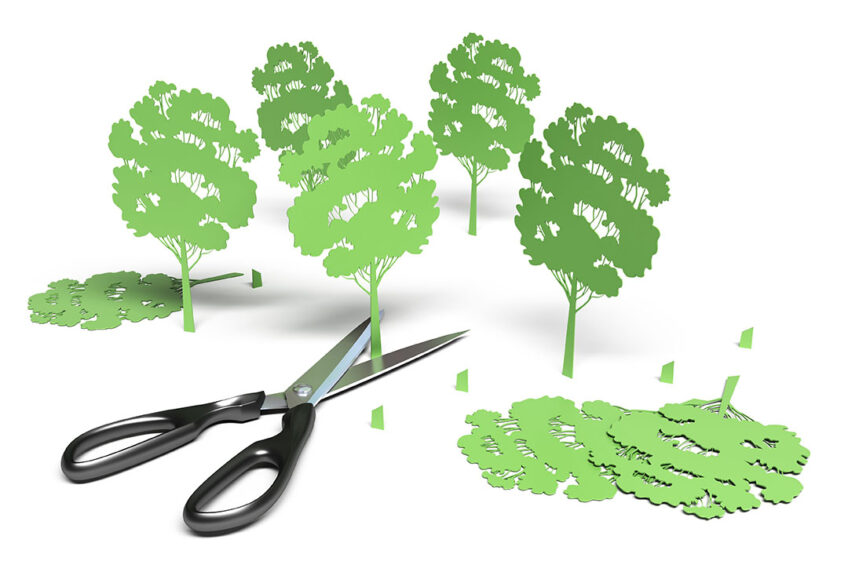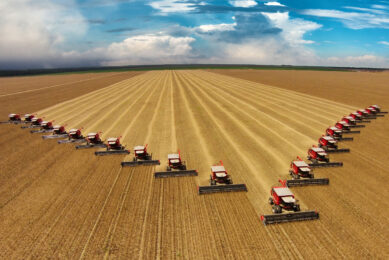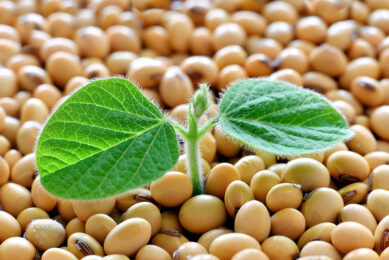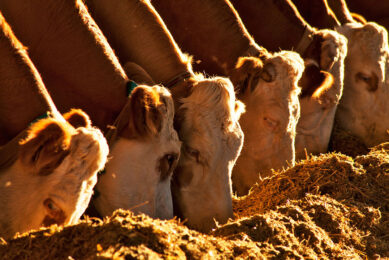Companies face challenges across UK soy supply chain

Lack of collaborative working and shared solutions is making it challenging for UK companies to address key sustainability issues regarding soya imports.
The industry now needs additional support to transition to more physical assurance that soya is verified to be deforestation and conversion free, according to the UK Roundtable on Sustainable Soya annual progress report.
Matrix of Progress
Roundtable members have to complete a “Matrix of Progress” questionnaire, where companies are asked to report on progress against their commitments. In this, the 5th annual report, consultants Efeca, said it was possible to see the significant progress made by Roundtable members over the past few years.
Origins of the Roundtable
The Roundtable was set up in 2018 following concerns that the production of soya for UK consumption was contributing to the loss of forests and other native vegetation in the Cerrado in Brazil and the Gran Chaco in Argentina, where most of the UK’s soya is produced in South America.
Steady increases
Since the initial baseline report in 2018, the number of companies with a policy in place has increased by 26% and those with existing policies have since strengthened them to be aligned with Roundtable goals. In addition, there has been a 50% increase in the number of Roundtable members with an action plan in place, rising from 30% to 80%.
Uptake of sustainable soy
Efeca said it was important to acknowledge the efforts being made by companies across the UK’s soya supply chain, both to learn more about where the UK’s soya originates, but also to engage suppliers and move beyond purchases of credit-based certification towards gathering greater assurance of the soya physically entering the UK.
It said this work could be seen in the national uptake of sustainable soya, which steadily grew as companies successfully created policies and purchased credits to support soy farmers in line with their consumption, but this has plateaued over the past 3 years.
UK soy imports
Last year, the UK imported 2.5 million tonnes of soybean meal equivalents, a 6% year on year decrease. Compared to 2020, the UK imported more soya from Paraguay (+45%), India (+33%) and the United States (+24%) but saw falls in imports from Argentina, Canada and the European Union. However, Argentina continues to produce around 42-45% of total soya for the UK market over the Roundtable reporting period. Greater levels of variation (between 5-10%) have been seen regarding imports from Brazil and the USA over the past 5 years.
Embedded soy imports
As well as direct soya imports, the report analysed the UK’s imports of “embedded” soya, where the UK consumed meat or dairy products reared in other countries. This year, the UK’s imports of embedded soya grew by 6% to close to 800,000 tonnes. While some sectors, such as the dairy industry have seen a decline in imports due to changes in regulations following Brexit, other sectors such as pork have seen an increase. Efeca believes this could be due to the competitive pricing of European pigs associated with a lower cost of production compared to those reared in the UK. UK pig farmers have been under sustained pressure due to a shortage of labour in the processing sector initially and then latterly by the invasion of Ukraine by Russia.
Using the national import data, and the information provided by UK Roundtable members regarding uptake of certification, Efeca estimates approximately 34% of the UK’s soya used in animal feed is physically deforestation and conversion free and a further 30% is covered by a sustainability standard with criteria preventing deforestation and conversion driven by soy production.
If the FEFAC risk methodology were to be applied to the unallocated volume remaining, the estimated level of deforestation and conversion risk varies between 17% and 1.7% subject to the country of origin.











